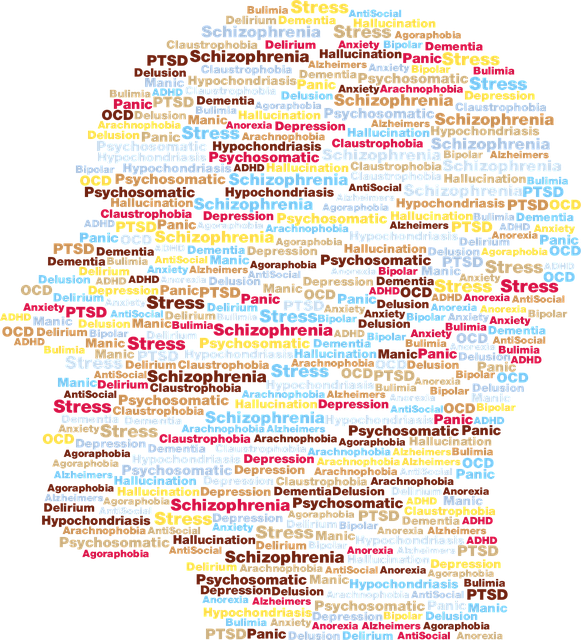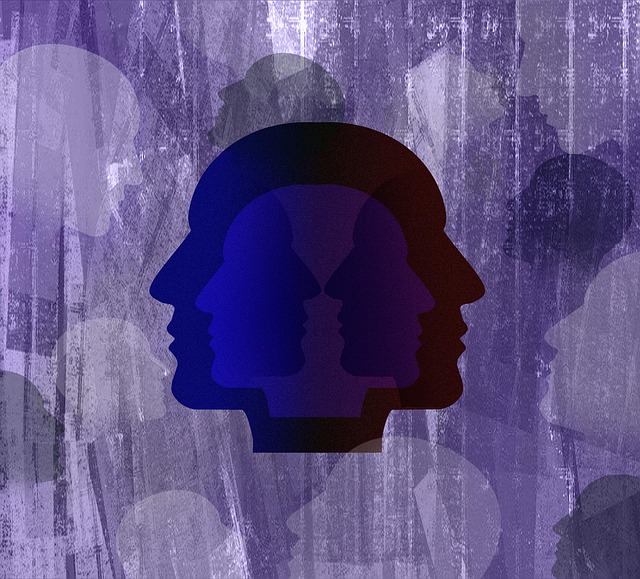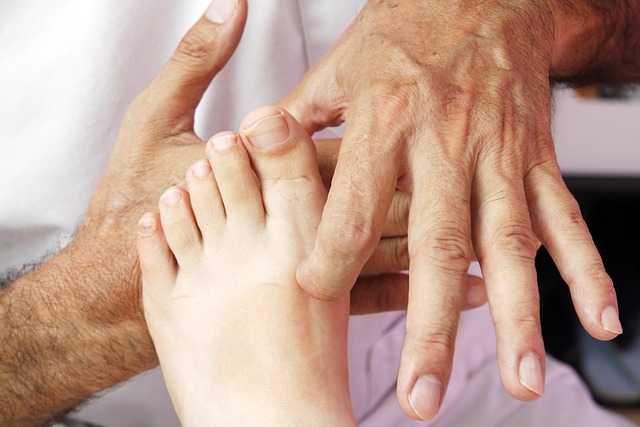Holistic therapy for anxiety offers a comprehensive approach by addressing symptoms and root causes. Techniques include mindfulness, yoga, diet changes, herbal remedies, acupuncture, and energy healing. Lifestyle adjustments like diet, exercise, sleep, and relaxation techniques are integral. Nature and movement in environments like forests or through activities like walking reduce stress. Creative arts provide safe spaces for emotional expression and healing. Community support fosters connection, shared experiences, and positive coping strategies for enhanced mental well-being and anxiety treatment.
Anxiety can be a relentless companion, but holistic therapy offers a transformative path to healing. This approach, focusing on the interconnectedness of mind, body, and spirit, provides a comprehensive strategy for managing anxiety. From mindfulness practices and nature-connected movement to creative arts and community support, discover how these diverse techniques alleviate symptoms. Understanding holistic therapy as an effective anxiety treatment empowers individuals to reclaim their well-being and embrace a more balanced life.
Understanding Holistic Therapy Approaches

Holistic therapy for anxiety approaches treatment from a whole-person perspective, addressing not just the symptoms but the underlying causes and contributors to an individual’s condition. Unlike traditional Western medicine that often focuses on prescribing medication or conducting talk therapy, holistic treatments explore various aspects of an individual’s life, including physical health, mental well-being, emotional states, and spiritual beliefs.
These approaches may include practices like mindfulness meditation, yoga, dietary changes, herbal remedies, acupuncture, and energy healing. By integrating these diverse methods, holistic therapy aims to create a balanced and harmonious state for the mind and body, thereby effectively managing and reducing anxiety symptoms. It recognizes that each person is unique and therefore requires a tailored approach to achieve lasting relief from anxiety disorders.
Mindfulness and Meditation Techniques

Mindfulness and meditation techniques are powerful tools in holistic therapy for anxiety treatment. These practices encourage individuals to focus on the present moment, non-judgmentally, thereby reducing worry about the past or future. By cultivating awareness of breath, bodily sensations, and thoughts, people can learn to observe their anxious thoughts without getting swept away by them.
Meditation can take various forms, such as guided visualization, body scans, or simple sitting meditation. Regular practice has been shown to reduce symptoms of anxiety, improve emotional regulation, and enhance overall well-being. Mindfulness fosters a deeper understanding of one’s triggers and patterns, enabling individuals to respond to stress more adaptively. It is a highly accessible and effective component of holistic therapy for those seeking natural anxiety treatment.
Lifestyle Changes for Anxiety Relief

For many, holistic therapy offers a comprehensive approach to managing and overcoming anxiety. Beyond traditional talk therapy, incorporating lifestyle changes can significantly contribute to anxiety relief. One such change is adopting a balanced diet rich in vitamins, minerals, and omega-3 fatty acids, which have been linked to improved mood and mental well-being. Regular exercise is another powerful tool; physical activity releases endorphins that reduce stress hormones, fostering a sense of calm.
Additionally, prioritizing sleep hygiene and incorporating relaxation techniques like mindfulness meditation or deep breathing exercises can help regulate the nervous system. Reducing exposure to stressors, such as limiting news consumption or identifying and avoiding triggering environments, also plays a crucial role in managing anxiety. These lifestyle adjustments work synergistically with therapy to create an effective anxiety treatment plan tailored to individual needs.
The Power of Nature and Movement

Incorporating nature and movement into holistic therapy for anxiety is a powerful approach that offers a refreshing and effective perspective. Being in natural environments, such as forests or by bodies of water, has been shown to reduce stress levels and promote relaxation. The calming effect of nature can help individuals regain a sense of balance and composure, making it an excellent tool for anxiety treatment.
Movement, whether through yoga, tai chi, or even a simple walk in the park, is another beneficial aspect. It encourages mindfulness and helps release tension stored in the body, often associated with anxious feelings. Regular physical activity can improve overall well-being and provide individuals with tools to manage their anxiety symptoms more effectively. These natural remedies offer a holistic approach that supports mental health by connecting mind and body in harmonious environments.
Exploring Creative Arts and Expression

Exploring creative arts and expression can be a powerful tool in holistic therapy for anxiety. Engaging in artistic activities like painting, dancing, or even writing allows individuals to tap into their emotions and find novel ways to process and release tension. This form of self-expression helps break free from the cycle of anxious thoughts by providing an alternative channel for communication and understanding. By embracing their creativity, people can discover hidden strengths and resilience that may not be readily apparent in traditional talk therapy.
Art therapy offers a safe and non-judgmental space where individuals can explore and express their innermost feelings without fear of criticism. This process facilitates emotional healing and enhances self-awareness, ultimately contributing to more effective anxiety treatment. Through creative arts, one can learn to externalize anxious thoughts and feelings, making it easier to manage and reduce the overall impact of anxiety on daily life.
Community Support and Connection Building

Community support plays a pivotal role in holistic anxiety treatment, offering individuals a sense of belonging and connection that can be profoundly beneficial for mental well-being. Building a strong support network allows those struggling with anxiety to share their experiences, gain different perspectives, and learn valuable coping strategies from peers who may have walked a similar path. This sense of community can foster a feeling of safety and reduce feelings of isolation, which are common in anxiety disorders. Support groups, whether online or in-person, provide a safe space for expression, empathy, and understanding, empowering individuals to challenge negative thoughts and behaviors associated with anxiety.
Furthermore, connection building within these communities enables people to develop meaningful relationships that can enhance their overall mental health. Social connections act as a buffer against stress and serve as a source of encouragement during difficult times. Through shared experiences, individuals learn that they are not alone in their struggles, leading to increased resilience and reduced anxiety symptoms. This holistic aspect of support groups empowers members to navigate life’s challenges with newfound strength and a sense of collective purpose.
